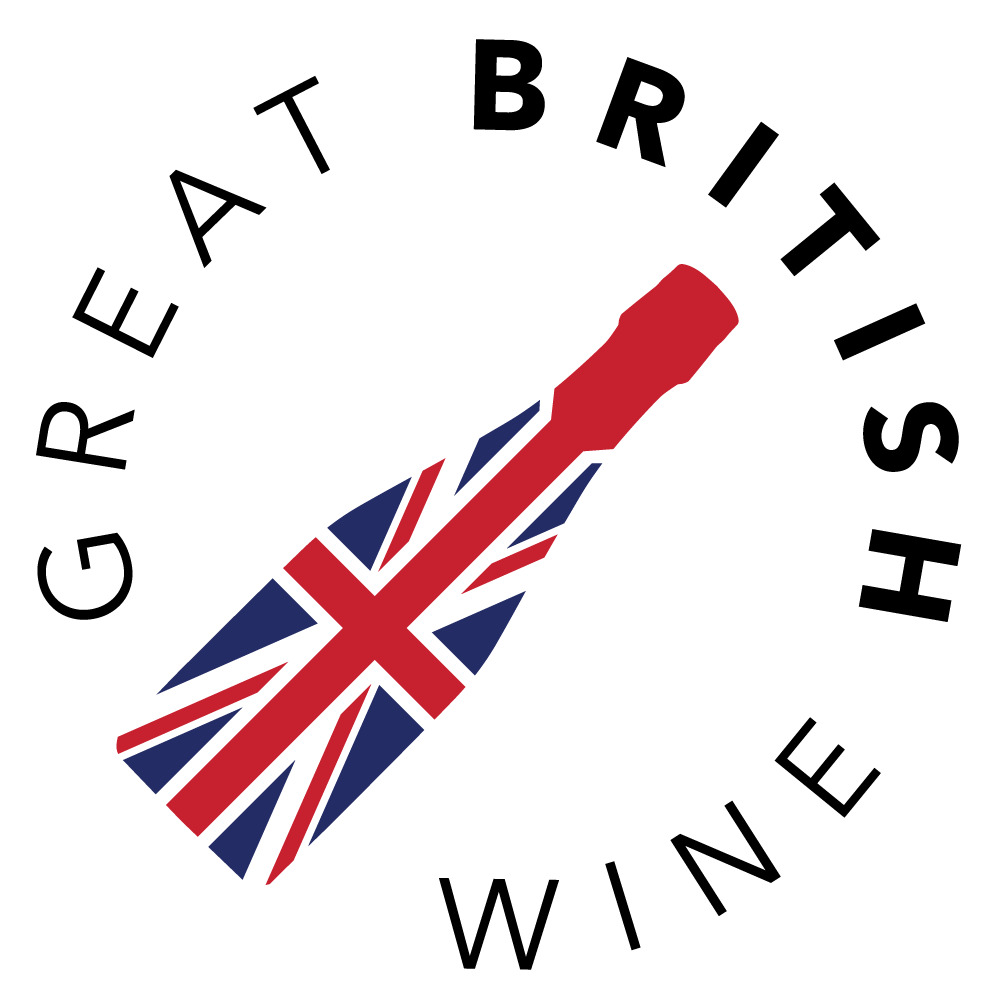
I don’t think I’ve ever encountered an English vineyard as remote as Buckinghamshire’s Daws Hill. Half a mile from the hamlet of Town End, a mile from the nearest village of Radnage and off a rough bridleway called the ‘Bledlow Circular Ride’, it lies in a preposterously beautiful – but isolated – fold of the Chilterns. I’ve huffed and puffed up the hills around here and, believe me, they are pretty steep (if not especially high; 237m is the local high point and the most elevated location in the Chilterns is in Wendover Woods at 261m). Holly Morgan, winemaker at Daws Hill, believes that the steepness and remoteness are a double-edged sword. Being so secluded means that the temperature can get dangerously low but the south-facing slope helps to offset some of the perils of frost as it just rolls down the hillside; there are no vines planted right at the bottom of the slope but that doesn’t mean that air frosts haven’t occasionally reared their head and damaged some vines. 2020’s air frost devastated 90% of the crop.
Holly inherited the 1.6 hectare site from her father in 2016. He planted Chardonnay, Pinot Noir, Pinot Meunier and Auxerrois in 2004; the aim has always been to make Traditional Method sparkling wine and there are no current plans to make any still wine. Oddly, 2019, rather than the previous year, was Daws Hill’s most productive vintage. Holly attributes this to having rain at the right time, producing wines that, in her words are “more juicy”. 2020’s low output was a silver lining as she didn’t have room to accommodate much stock after the previous year’s bumper harvest but 5000 bottles are made in an average year. Daws Hill have been prolific winners of medals at the Thames and Chilterns Vineyards Association Awards; the most recent Gold Medal was awarded to the Sparkling Auxerrois Blanc 2018.


The vineyard is situated on a semi-working farm with grazing land rented out so the ‘cellar door’ is only accessed by appointment. Holly is the only full-time employee, and she is responsible for all things viticultural and vinicultural. She learnt winemaking through helping her father on the vineyard and in the winery but she did a short course at Plumpton College which confirmed that she was taught well by him. Malolactic Fermentation is a process that Daws Hill have always used but it is very intensive as it requires a certain temperature to work effectively. Loft insulation has been put into service on occasion but Holly has tried to do without Malo for her recent wines after a blind tasting which pitted Lanson (which doesn’t use Malo) and Veuve Clicquot (which does) against each other, Much to her surprise, she preferred the Lanson, hence her recent experiment.
Holly uses volunteers to carry out tasks such as pruning, canopy management and picking, and she was full of praise for their industriousness and reliability. Canopy control was one thing she is intending to improve after suffering a total wipeout of her Auxerrois crop in 2023 owing to an attack of powdery mildew. She said that she needs to keep a vigilant eye on that and downy mildew in the growing season.
Holly conducts tours by appointment, usually twice a week. These are very thorough and can take up to 3 hours. They gain universal praise on Tripadvisor with several reviewers commenting that they appreciate her informal style and that it’s a relief not to have the slick, marketing spiel and polished jargon that they sometimes experience on vineyard tours. The tours also give her a window in which to sell her wines. 99% of her stock is sold direct to the customer with the remainder going to Dukes Wine Bar in Princes Risborough and to a handful of independent wine stockists.

I had the ordinary Brut 2018 (they have also done a Zero Dosage Brut) last year. My notes said of this excellent wine that ‘there are floral aromas as well as notes of apricot and a palate of pear, lemon, grapefruit, sherbet and a prominent yeasty edge’. This is sold out and there is no equivalent 2019 white (whites will take a back seat for a while whilst rosé-style wine takes over). Holly gave me a glass of the Auxerrois Blanc 2018 and I found this is to be a particularly fruit-forward offering, with notes of pear, green apple, cream and a smoky touch which I often perceive in wines made on chalk. The Rosé 2018 is noticeably savoury with flavours of raspberry, mulled spice, scrumpy and orange. Having first had this in December 2022, I can report that this has evolved into something more complex with the spice more to the fore and with intriguing root beer notes coming through.
When I was about 6, I remember my late father reading a book called Small is Beautiful by E. F. Schumacher. Several of the ideas are outmoded now but the central premise is all too pertinent for today’s world. Schumacher felt that the planet is exhausted by over-production and mass consumption, and advocated for decentralised and appropriately sized technologies. Daws Hill is dwarfed in size by many vineyards, not least in the U.K. But, in its own way, this vineyard gives a lot of joy to many local people. And that is an indubitably a sustainable outcome. Small is beautiful.


